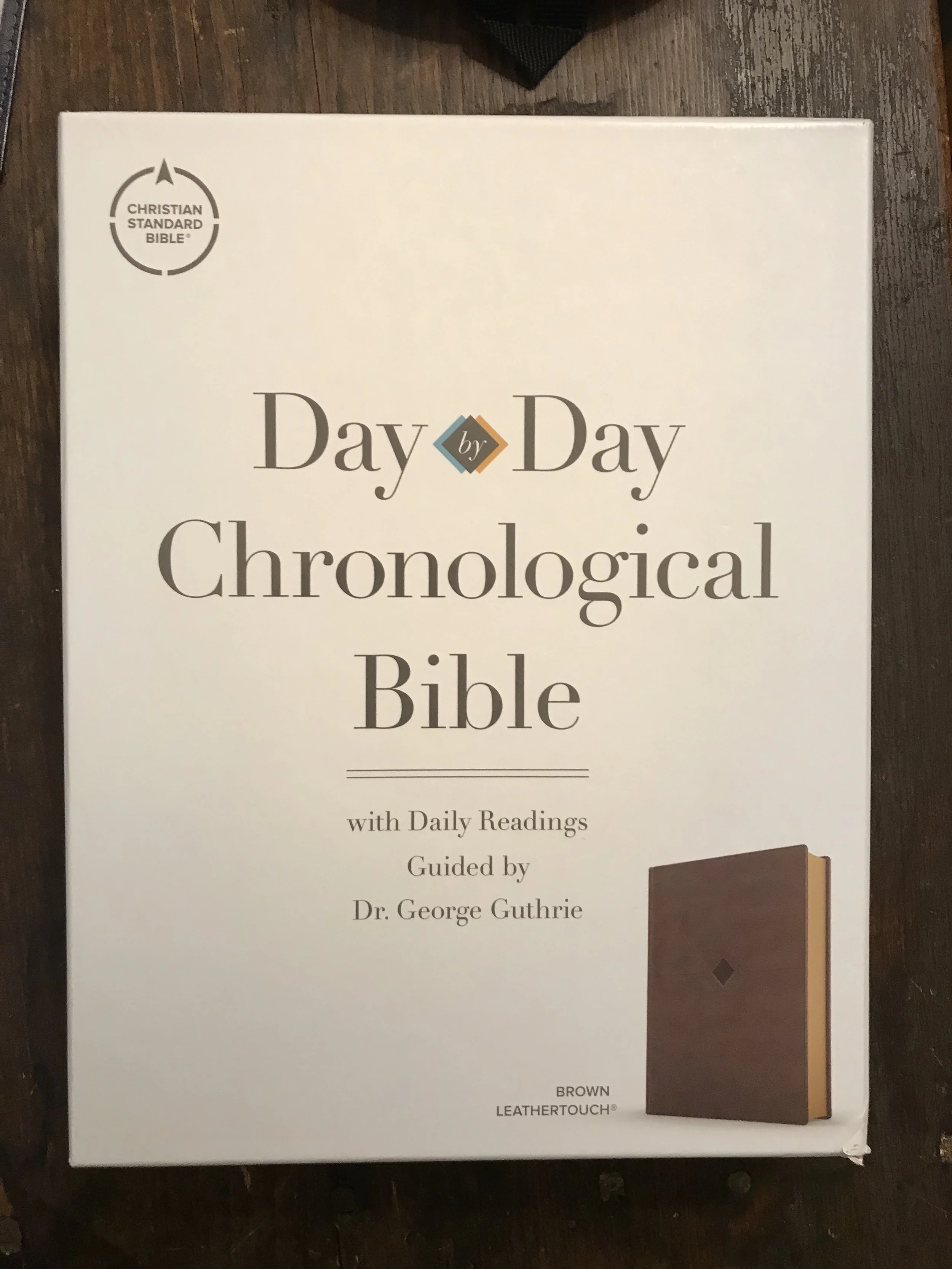A Short Guide to Reading the Bible Better
On November 15, 2022 B&H Publishers releases my new book, A Short Guide to Reading the Bible Better (links for purchase or bulk discounts are at the bottom of this post). Designed to be a basic, accessible introduction to scripture reading, I tried to combine compelling writing, relatable stories, practical guidance, and strong encouragement. The publisher wanted a book that churches could buy in bulk and distribute broadly to their members. For those of you who read Read the Bible for Life, which gave whole chapters to topics like, “Reading Psalms and Proverbs,” “Reading the Bible in Context,” “Reading the Bible in Translation,” and “Reading Revelation,” this book is even more introductory. The chapters are:
Chapter 1: An Invitation to Reading the Bible Better 1
Chapter 2: Look to the Heart 13
Chapter 3: Hear the Words 47
Chapter 4: Read the Rules 83
Chapter 5: Enter the Story 105
Chapter 6: Pack Well 139
A Final Note to the Reader 159
Here are a couple of excerpts from the first chapter.
THIS IS A BOOK ABOUT WORDS. Words have already shaped your life a great deal, putting things in motion, setting trajectories for your relationships, work, interests, commitments, and hopes. Words have hurt or healed you, delighted or devastated you, instructed and informed you. In short, words have played a large role in defining who you are today.
A word-rich, life-defining moment came for the British people during WWII, in a span of dark days stretching from May 26 to June 4, 1940. The British Expeditionary Force had been sent to stop the advance of the Nazis, who were pushing through the Netherlands like a wildfire and were now threatening to overrun Belgium and France. But the Germans executed a brilliant “pincer” movement, hemming in and pushing the British troops and their allies to the beaches of the small Belgian town of Dunkirk. Some 350,000 Allied soldiers were threatened with annihilation. Word reached the British people of this threat and they prayed earnestly, lifting words to heaven as they anxiously waited.
Then, ringing out from the dark pall that hung over the world in that moment, the trapped troops sent back to England a brief message of three little words: “. . . and if not.” The British, who at that time in history were more biblically aware than we are today, recognized the words immediately as taken from the story of Shadrach, Meshach, and Abednego in Daniel 3. These three Jewish exiles had been taken from their homeland and placed under King Nebuchadnezzar’s rule. When he told them to worship a gold statue he built, the men put their trust in God despite the known result of their defiance: being thrown into a fiery furnace. As they were told their fate and the furnace was heated seven times hotter than normal, their words confidently rang out: Our God can rescue us from your hand, but even if he doesn’t, we won’t serve your gods. Words coming out of Dunkirk in effect said, “We trust God to deliver us, but even if he does not, we will not bow to the forces of evil!”
In this darkest point of the conflict, the German army suddenly received a halt order, pausing their advance to consolidate their troops. The three-day pause opened a window of opportunity for the British and their allies. Those simple, powerful words, “and if not,” helped galvanize the nation and put into motion what has been called, “the miracle of Dunkirk.” Word went out along the coast of England. Boats were needed to mount a rescue mission. Hurriedly, more than 800 vessels—boats of every shape, size, and purpose—were assembled into a ragtag fleet of rescue. Over the next eight days of evacuation, 338,226 troops were saved.
Think of the power of those three little words, “and if not”—two conjunctions and a negative. They are unassuming words, used countless times a day by everyone from little children just learning to speak to the most eloquent adult. Yet, in the right place, at the right time, those words were powerful, mobilizing a nation. Those words were courageous, communicating a passionate resolve to not give up in the face of devastating loss. Those words were almost playful, evoking a very old, very good story. And those words were biblical, embraced as God’s Word, shouted boldly into a moment of overwhelming need, both in Babylon and at Dunkirk. Three little words put the moment in motion and in focus.
The Power of Words
Each of us who live in North America pour approximately 16,000 words into the world every day, some 860.3 million words in a lifetime! Levi Lusko tells us that there are seventy-two different muscles in our bodies that have to work in unison to shape our words. So we might well ask: What are you and I doing with all of those words, so masterfully shaped, which we are sending into the world? The answer is simple: we are moving the world.
Just as with Dunkirk, words put things in motion. Words carry impact, whether it’s small as an answer to a friend’s simple question, or life-altering, as when a bride says, “I do” or an employer says, “You’ve got the job!”—or “You’re fired!” Words can heal a heart, but they can also wield a wicked cut, as when a teacher says, “You are an idiot,” or a stranger hurls an insult, or a “friend” slanders us. Nathaniel Hawthorne once wrote:
Words—so innocent and powerless as they are, as standing in a dictionary, how potent for good and evil they become in the hands of one who knows how to combine them.
What we intuitively long for, of course, is the “potent for good” side of that equation. We love to receive kind, helpful, encouraging, or beautiful words, and most of us really do want to do better with speaking life-giving, life-building, life-affirming words to others.
But no one—no one—knows how to wield words for good like God! God spoke, and the foundations of all that we know as reality came into existence: “By faith we understand that the universe was created by the word of God, so that what is seen was made from things that are not visible” (Heb. 11:3). Genesis tells us that God spoke light and darkness; the heavens and planet earth, sun, moon, and stars; the vast reaches of the universe. God spoke, and the beauty of the grandest mountains, the life-giving waters of the earth’s great rivers, and the glorious plethora of flora and fauna painted across vast landscapes came into existence. Animals of every shape and size started moving. We as human beings were born and given great things to do. Then, God spoke a blessing over that creation and declared it to be good. In light of such creative eloquence, we might say that words lie at the heart of the universe, foundational for life itself.
God is a communicator, and if God spoke all that we know into existence, it means that communication itself is behind the universe. Think of that. Communication is behind the universe. Words are so much more than mere human invention, some natural product of being in the world. God spoke, and the foundations of all that we know as reality came into existence.
. . . . .
You and I need to embrace the powerful, beautiful, life-giving words of God on a regular basis. Various surveys in different cultures, over the past half century, have determined that the number one predictor of a person’s spiritual health is the regular practice of personal Bible reading. Nothing else comes close. Based on what we said above, this simply makes sense. If God has designed all of life, if his words form the creative foundation for everything, then his words would be a key to life in this world that he has created. Further, if we are made in his image and for relationship with him, then, as with any relationship worth having, communication is vital. If our purpose in life is to live for him and to his glory, and the Scriptures shape us for his mission, then God’s Word provides us with a means to that very desirable end.
Most basically, as we thrive in the Word of God, knowing and living the Scriptures, we have the opportunity to walk with the God of the universe, to know him and be shaped by him. This is our purpose. The Scriptures play a vital role in us fulfilling our purpose in the world. Consequently, there is no more important task in life than hearing from God and trusting him on the basis of his Word. I mean that quite literally: no more important task. Everything else in our lives is shaped by whether or not we are living out of a life grounded in the Word of God, the Bible. We need to read it and read it better than we ever have before, so that we can live it well.
You can order the book here or the audio book here. You can get an even better price here (see the bulk discounts: only $7 for 20+ copies)!





